The United States Senate, known for its solemn responsibility in the federal legislative process, also operates under some surprisingly quirky rules. These rules, some steeped in history and others in practicality, govern the conduct and procedures of the Senate in ways that might seem strange to outsiders.
1. The Candy Desk
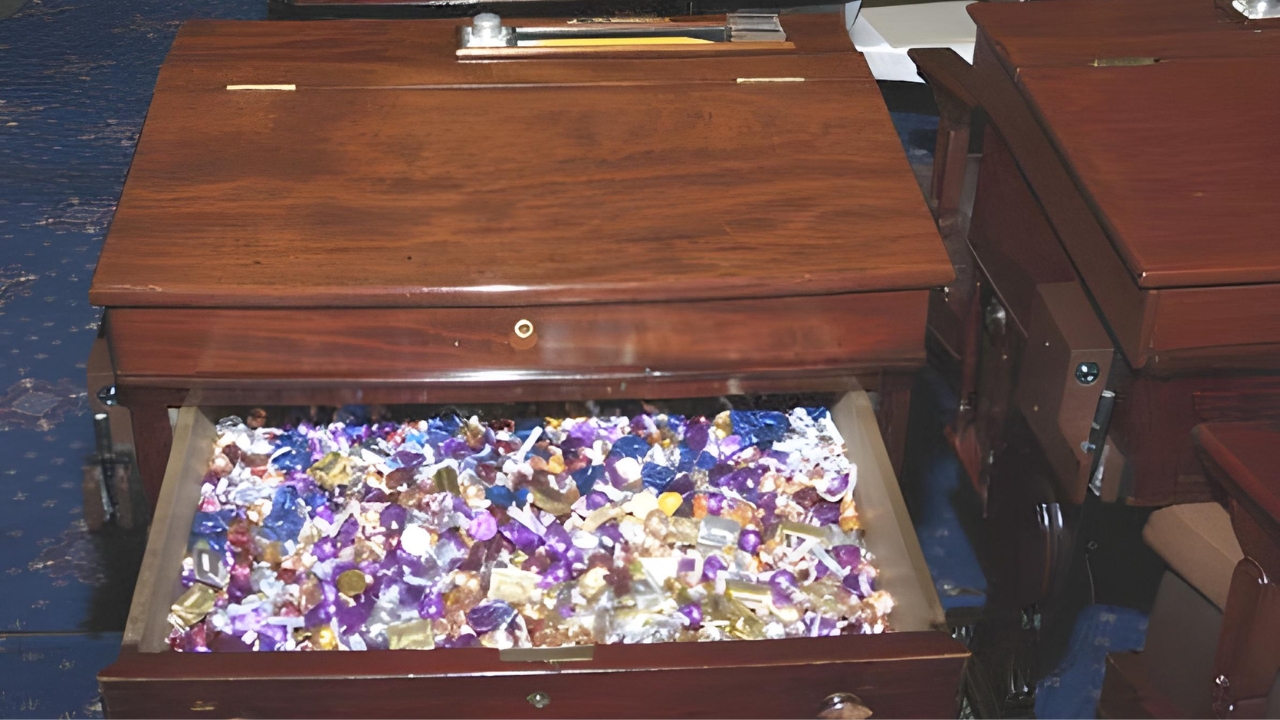
Since the 1960s, one desk in the Senate has been designated the “Candy Desk,” stocked with sweets provided by its current occupant. This tradition started with Senator George Murphy of California, who liked to share candies with his colleagues.
2. No Phones or Electronic Devices
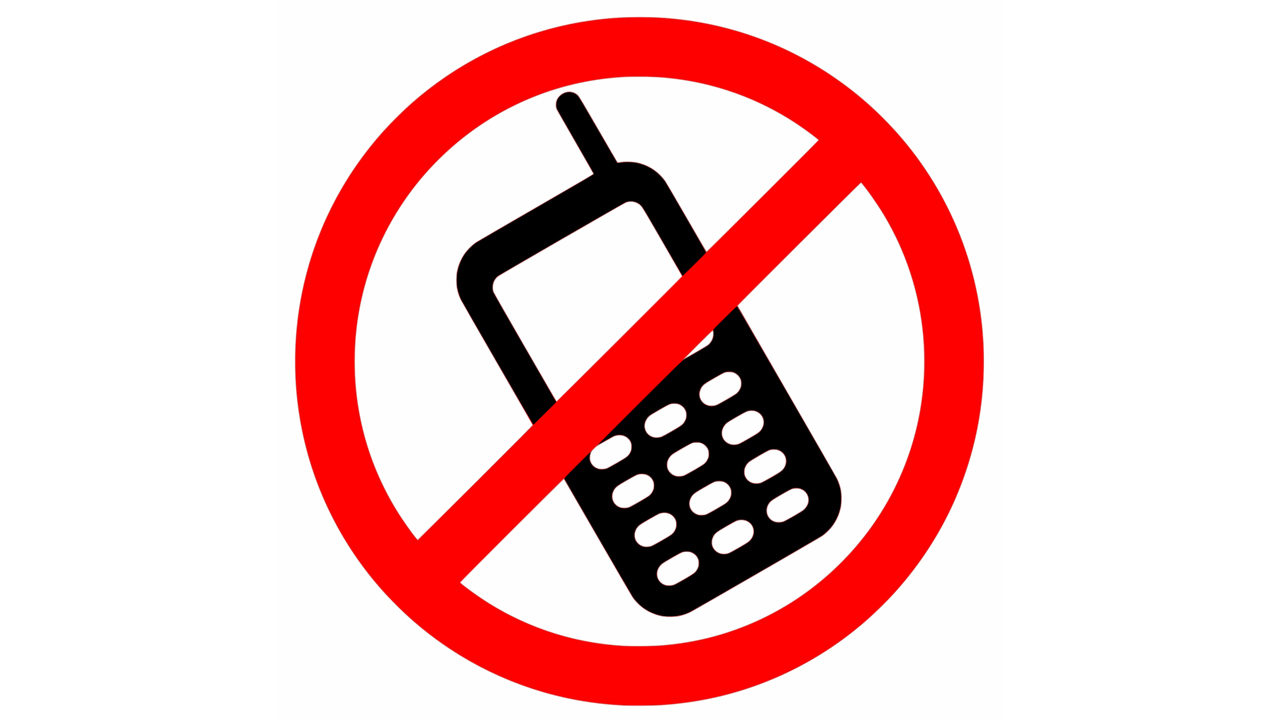
Senators are not allowed to bring phones or any electronic devices onto the Senate floor during deliberations. This rule is intended to maintain decorum and prevent distractions during legislative sessions.
3. Bean Soup on the Menu Every Day

The Senate dining room has had the same menu item every day for over a hundred years: bean soup. This tradition insists that bean soup must be available no matter the weather or the day, a rule stemming from a resolution passed by Senator Knute Nelson in 1903.
4. The Reading of Washington’s Farewell Address

Annually, a senator reads George Washington’s Farewell Address on the Senate floor. This tradition has been upheld since 1896 to remind senators of Washington’s vision and guidance on national unity and policy matters.
5. Gavel Pieces as Keepsakes
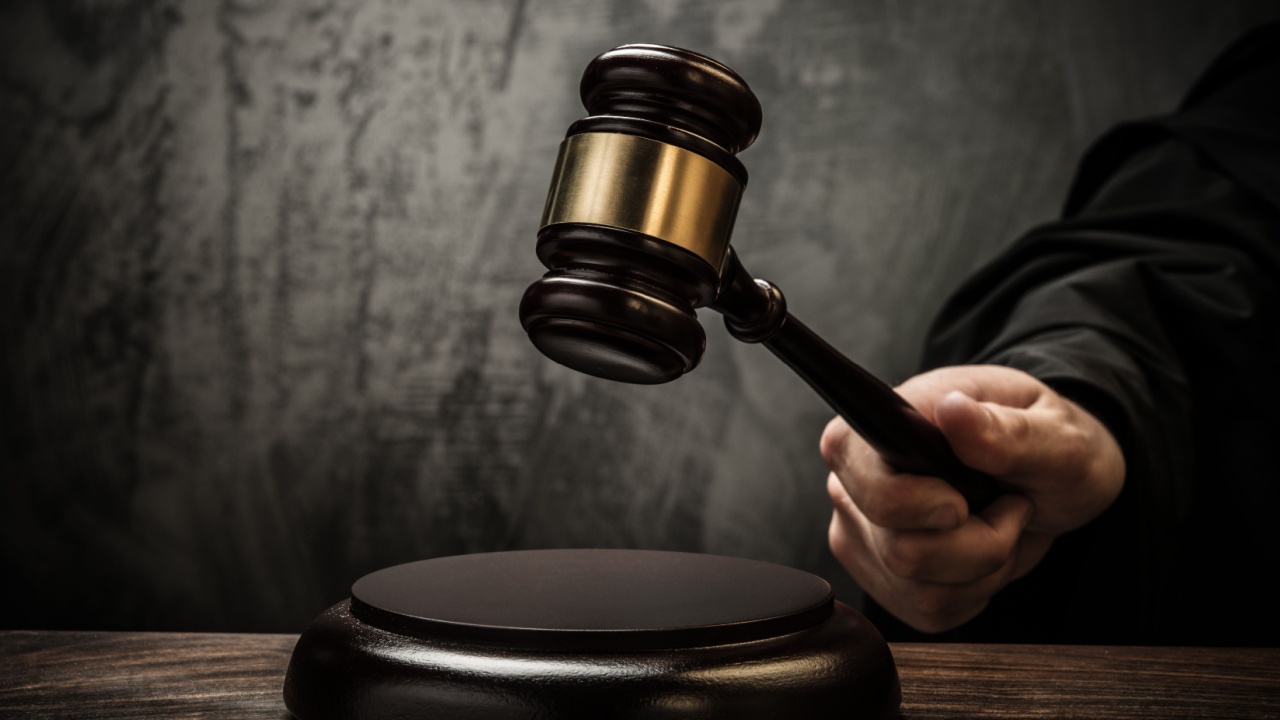
The Senate goes through many gavels, and broken gavel handles are given to young pages who serve in the Senate. This tradition is a symbolic nod to their service and the dynamic nature of democracy.
6. Restrictions on Filming and Photography
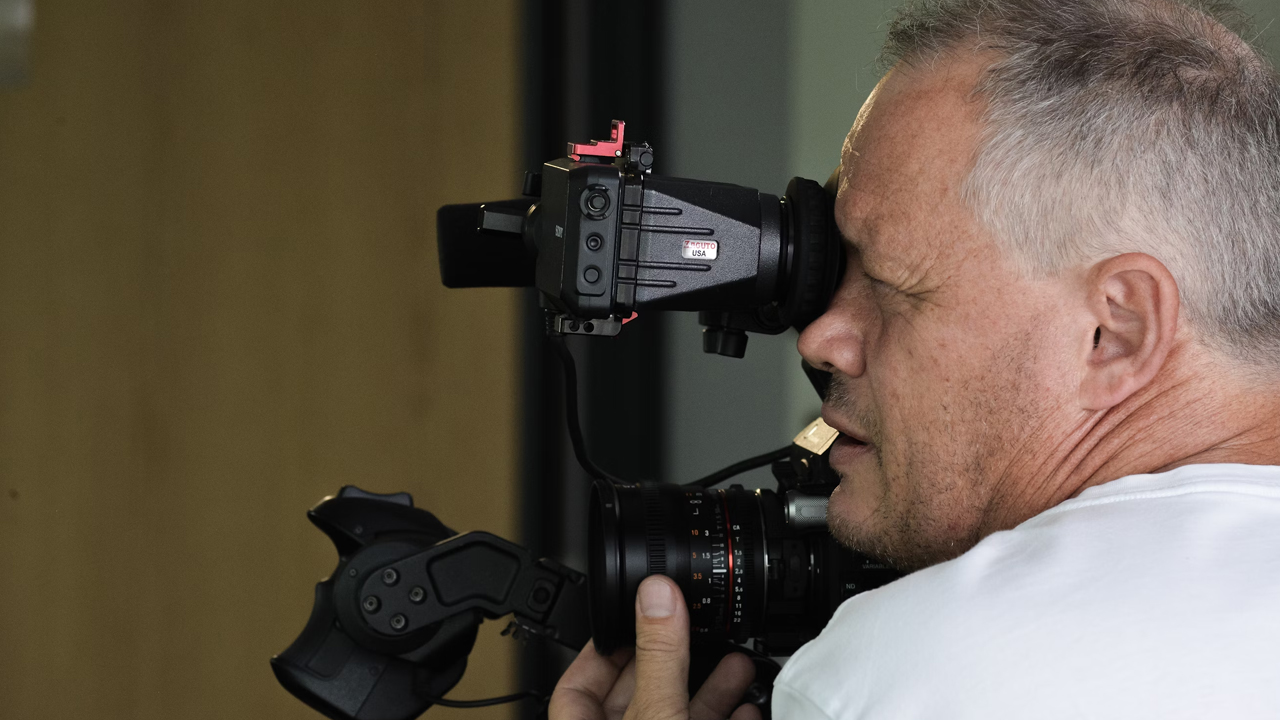
Strict rules limit where cameras and photographers can operate within the Senate chamber. This control helps maintain the privacy and security of Senate proceedings, only allowing approved visual documentation.
7. No Applause on the Senate Floor

To maintain a formal atmosphere, senators are discouraged from applauding during floor sessions. This rule helps keep the focus on debate and legislative issues rather than turning sessions into potentially partisan rallies.
8. The Secret Hold
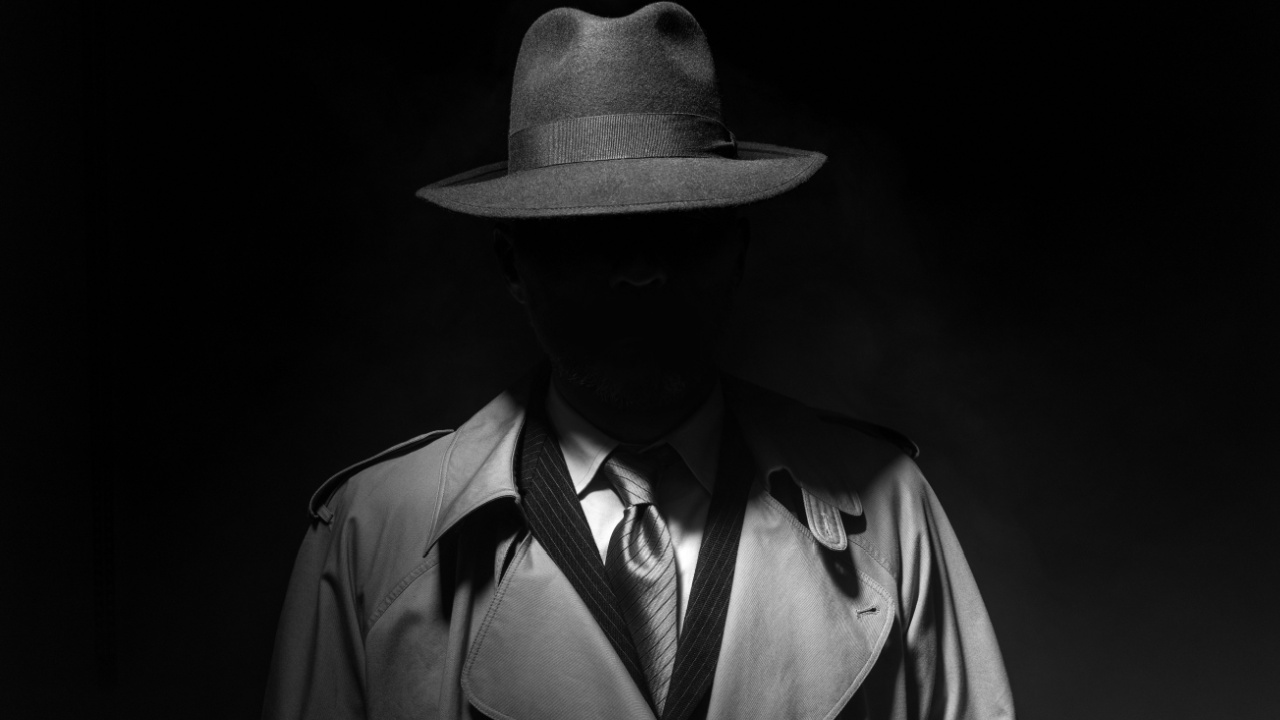
A senator can place a “secret hold” on legislation or nominations, delaying proceedings without revealing their identity. This tactic allows senators to quietly express dissent or negotiate changes without public scrutiny.
9. Requirement to Stand When Speaking
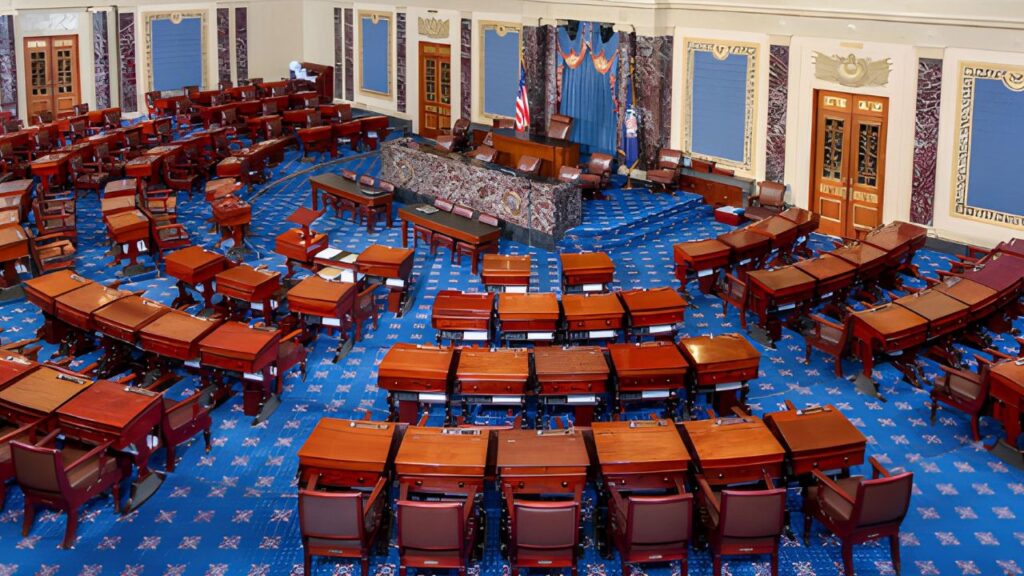
Senators must stand and address the presiding officer when they speak on the Senate floor. This tradition reinforces the formal discourse and respect among members during debates.
10. Limited Debate in the Event of War
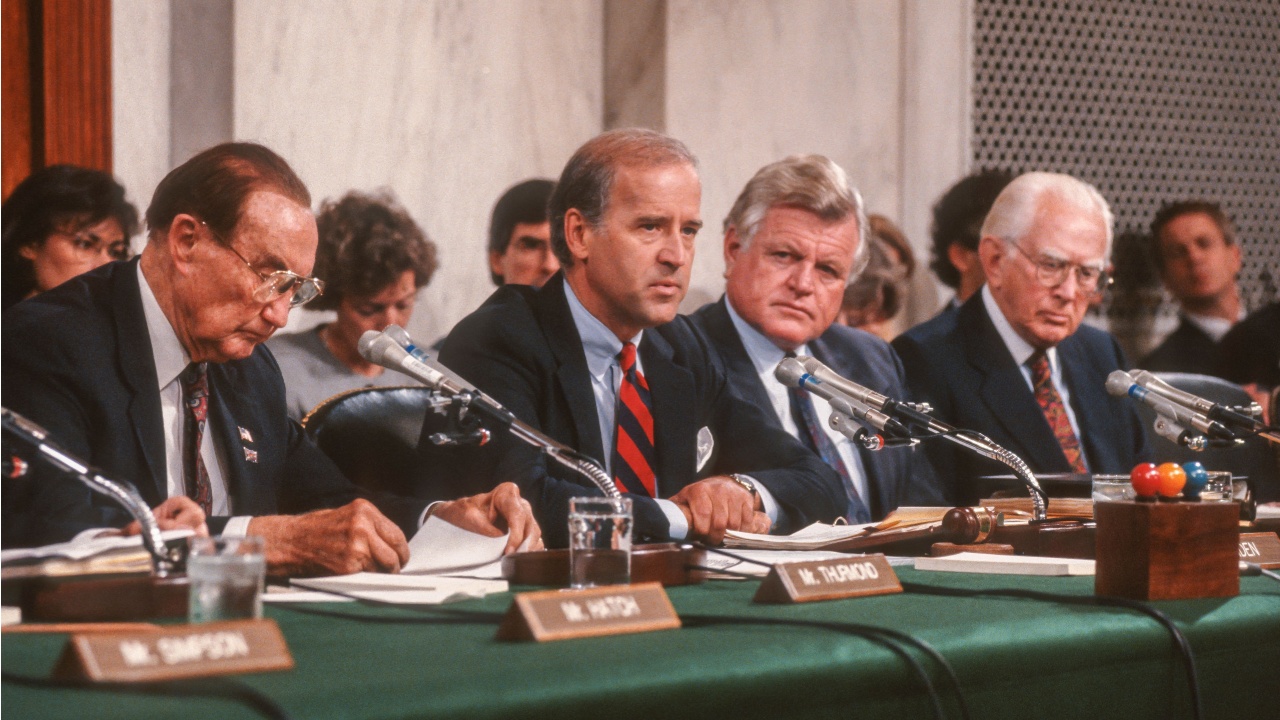
The Senate rules stipulate that in times of war, debate on related issues can be limited. This ensures that decisions related to national security are expedited during critical times.
11. Special Doorkeepers
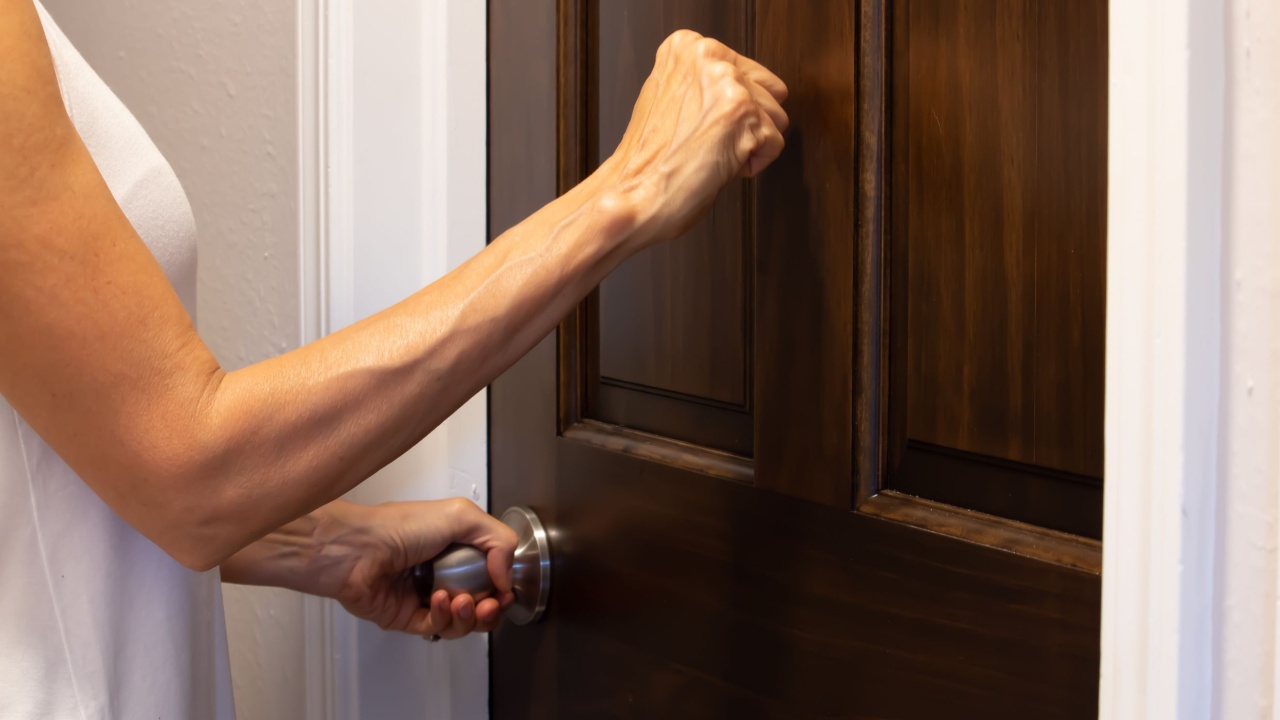
The Senate employs doorkeepers who manage access to the chamber and maintain security. These personnel are part of the traditional infrastructure, ensuring that only authorized persons enter during sensitive sessions.
12. Prohibition of Pets in the Chamber

Senators cannot bring pets into the Senate chamber. This rule is in place to avoid disruptions and maintain a professional environment.
13. Strict Dress Code
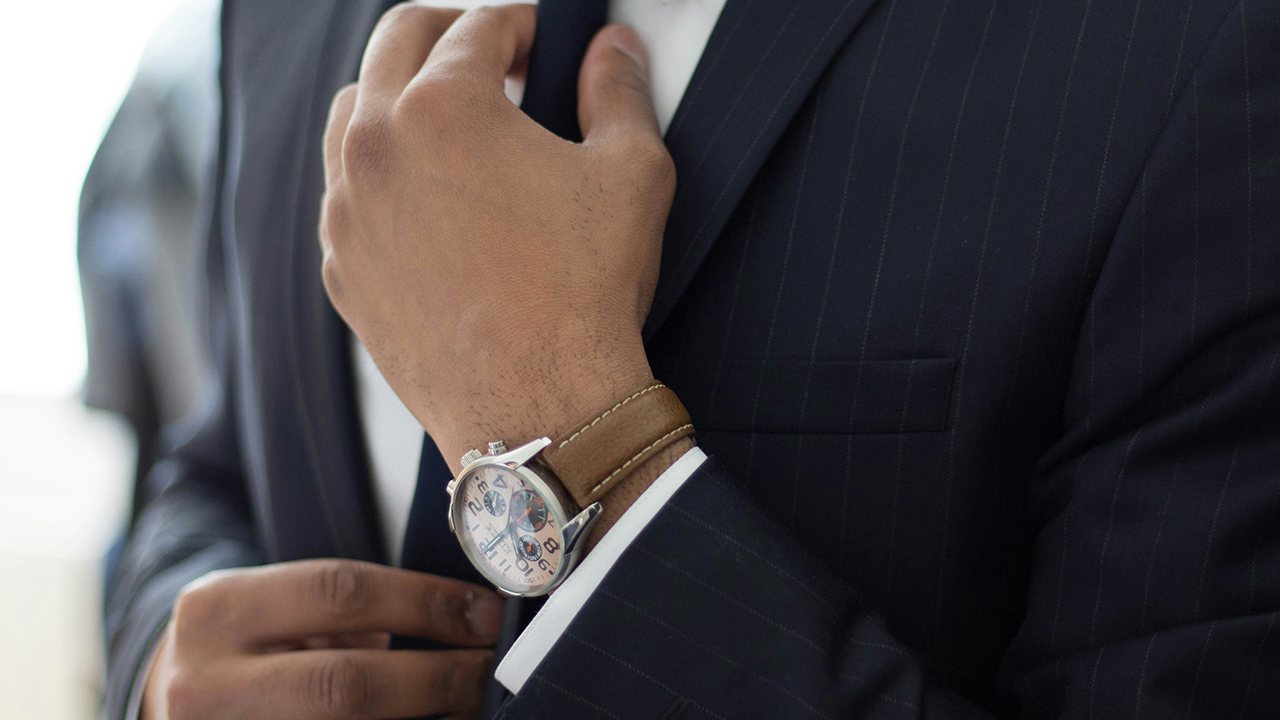
A strict dress code is enforced on the Senate floor. Men must wear suits, and women are required to wear appropriate business attire, ensuring that the Senate maintains a formal appearance.
14. Parliamentary Inquiries During Debate

Senators may make parliamentary inquiries during a debate to question the presiding officer about procedural issues. This ensures clarity and adherence to rules during legislative discussions.
15. Personalized Stationery for Each Senator

Each senator receives personalized stationery. This is not just for correspondence but is also a privilege that underscores their status and role in the government.
Ellen has been obsessed with logic puzzles, jigsaws, and cryptograms since she was a kid. After learning she was taught how to play chess wrong by a family friend (so they could win), she joined her school chess club and the rest is history.

